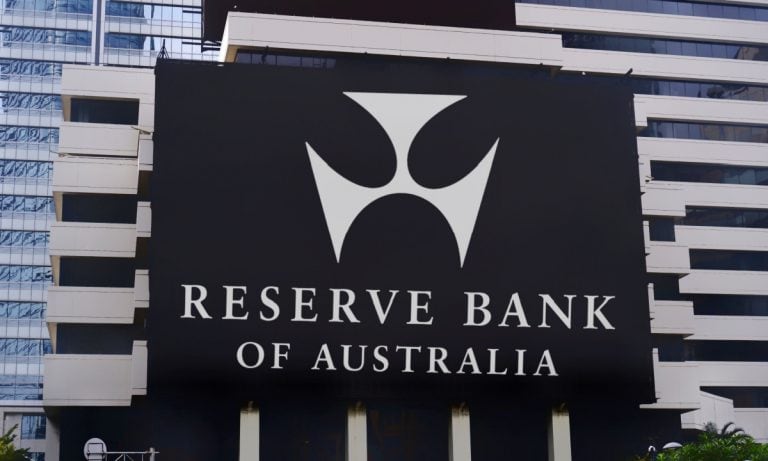The Australian government has announced its plans to introduce new legislation that would empower the Reserve Bank of Australia to regulate digital payment services, including digital wallet providers.
This move comes as a response to the widespread use of digital payment services, which are currently unregulated, Treasurer Jim Chalmers said in a Wednesday (Oct. 11) announcement.
The proposed legislation aims to address the risks of the currently unregulated digital payment services, protect consumers, promote competition and spur innovation, according to the announcement.
It will do so by ensuring that the Reserve Bank of Australia can regulate new and emerging payments systems and by allowing additional oversight by regulators of particular payments services or platforms that present risks of national significance, the statement said.
The draft legislation was released for public consideration on Wednesday, will be open to responses until Nov. 1 and will be introduced to parliament later this year, per the announcement.
“The Plan sets out a vision for a modern, world class and efficient payments system that is safe, trusted and accessible, enabling greater competition, innovation and productivity,” Chalmers said in the announcement.
The draft law seeks to expand the definitions of “payment system” and “participant” in Australia’s existing laws, enabling the Reserve Bank of Australia to monitor digital wallet payments in a similar manner to credit card networks and other transactions, Reuters reported Wednesday.
By bringing digital wallet providers under the regulatory framework, the government aims to ensure that these services adhere to the same standards and safeguards as traditional payment systems, according to the report.
The Australian Banking Association has highlighted the significant shift in payment preferences witnessed in recent years, with mobile wallet transactions surging from 29.2 million in 2018 to 2.4 billion in 2022, the report said.
Both Apple and Google have expressed their opposition to being designated as payment providers, per the report. They argue that customers only use their phones to make payments using cards issued by banks, and their role in the payment system is limited and indirect.
Amid Australia’s rapid shift to digital payments, the government said in a June report that it aims to phase out the use of checks over the next few years. The report noted that check volumes have declined by nearly 90% over the past 10 years.

